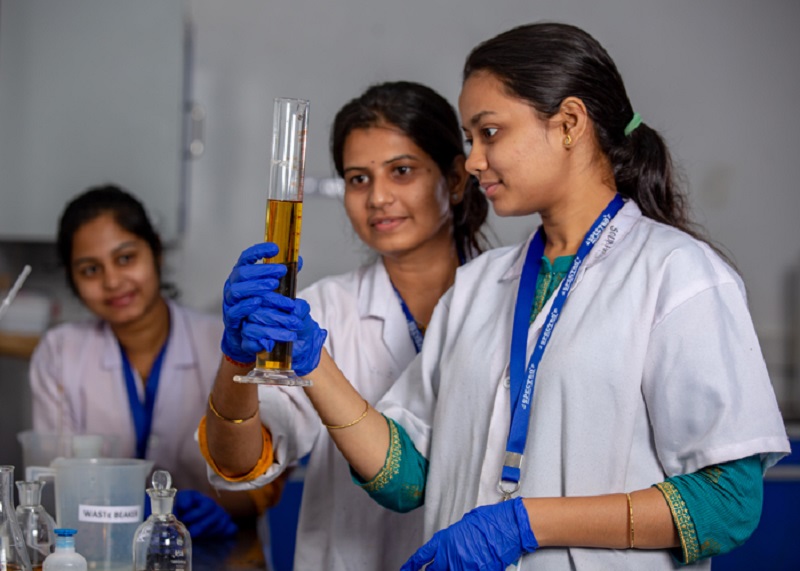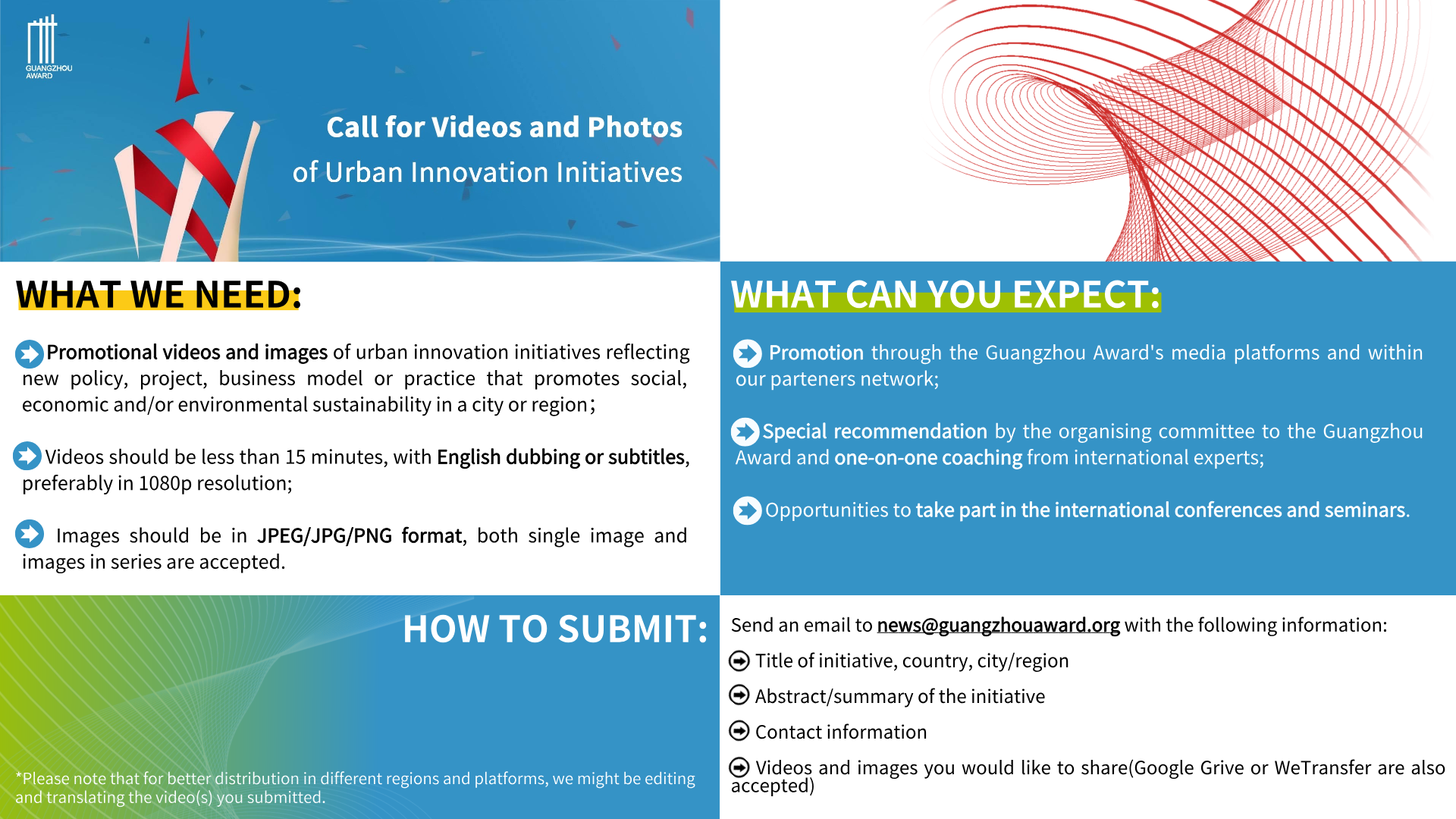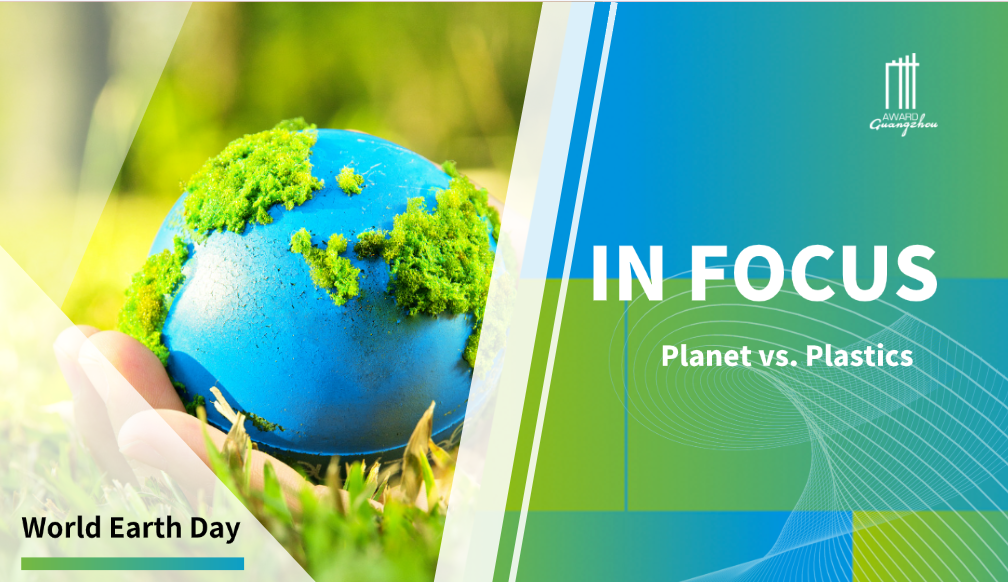PURI, INDIA
DRINK FROM TAP MISSION – Pure for Sure Drinking Water Delivered
to Each Home 24X7

Puri is a city and a municipality in the state of Odisha in eastern India. It is the headquarters of Puri district and is situated on the Bay of Bengal, 60 kilometres south of the state capital of Bhubaneswar. According to the 2011 census, the city is home to 200,000+ residents and 41,000+ households. However, more than half of the households do not have access to piped water supply. Among those households that have such access, still a portion does not get the water from a treated source. This carries huge public health risks and spells out aggravated inequality.
To address this problem, the initiative came into being in 2019. It is a state intervention currently being piloted in the city of Puri. It aims to supply every household, starting from the poorer ones, with quality tap water that can be used for drinking and culinary purposes without filtration or boiling. In so doing, it can, firstly, reduce the health risks associated with drinking water from contaminated sources, and, secondly, save residents the expense on water tanks, pumps, or filters, which can also be a source of contamination. Nevertheless, the initiative is met with resistance due to distrust in the quality of water supplied by public authorities.
To change this perception, the city resorts to intense public awareness campaign, real-time display of water quality data in key public places, and community partnership. The latter is a key component of the city’s water supply management. Women self-help groups are engaged to conduct field water quality tests, read water meters and collect bills at the doorstep, and facilitate complaint redressal.
Currently, the initiative benefits 80,000 residents, especially slum dwellers, as well as the environment. As one of the four pilgrimage centres of India, Puri attracts 50,000 daily pilgrims with its famous Shri Jagannath Temple. The drinking water fountains installed save visitors the need for plastic bottles and, accordingly, an estimate of 365 tons of plastic waste every year.
This initiative is particularly relevant to SDGs 3 (good health and well-being), 5 (gender equality), 6 (clean water and sanitation), 10 (reduced inequalities), 11 (sustainable cities and communities).


 test
test Urban Innovation in China | Hainan: Transforming Mangroves into “Golden Groves”
Urban Innovation in China | Hainan: Transforming Mangroves into “Golden Groves” In Focus | Empowering the “She” in the Family
In Focus | Empowering the “She” in the Family In Focus | The World Earth Day: Planet vs. Plastics
In Focus | The World Earth Day: Planet vs. Plastics




















 Tel: +86 20 3780 4434
Tel: +86 20 3780 4434 Email: info@guangzhouaward.org
Email: info@guangzhouaward.org Address: Rm 1609, FuLiXinTianDi, No.307 Guangzhou Dadao Zhong, Yuexiu District, Guangzhou, Guangdong, 501600, PRC
Address: Rm 1609, FuLiXinTianDi, No.307 Guangzhou Dadao Zhong, Yuexiu District, Guangzhou, Guangdong, 501600, PRC




